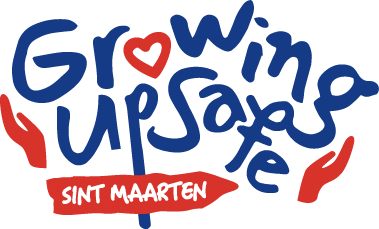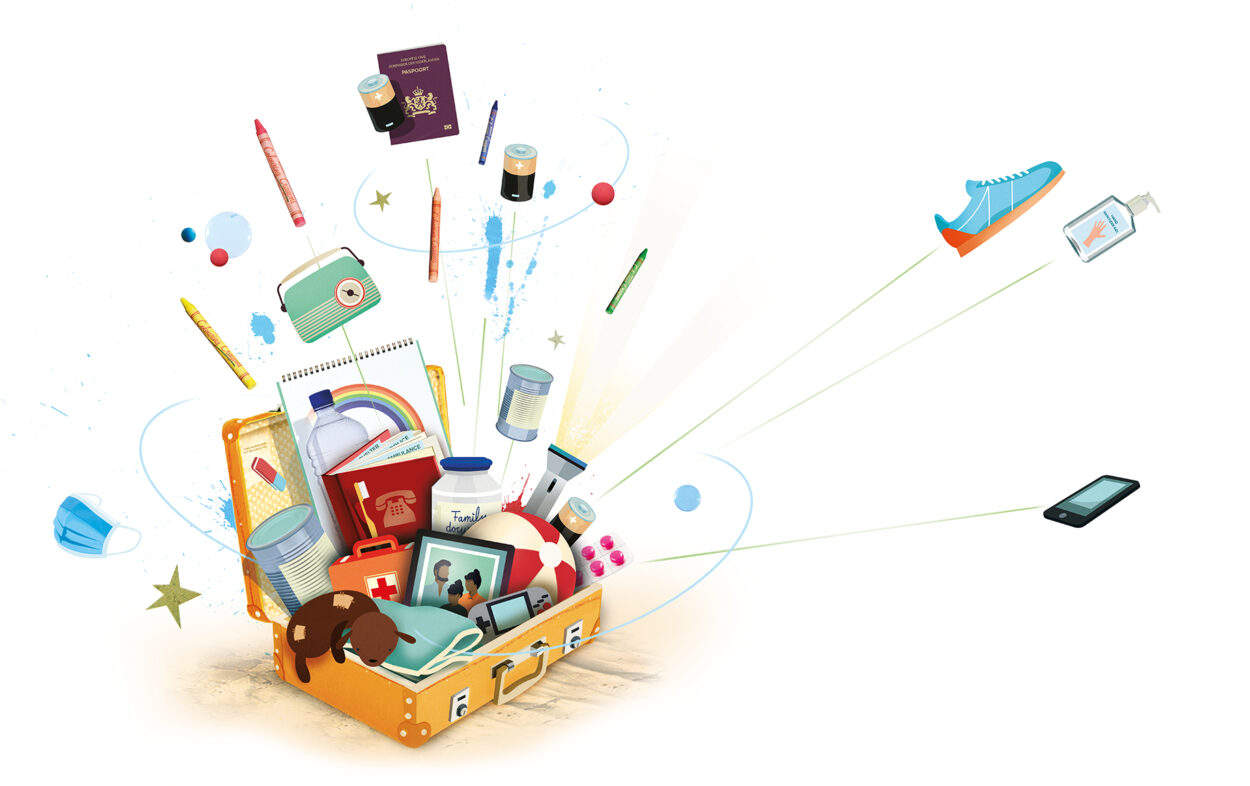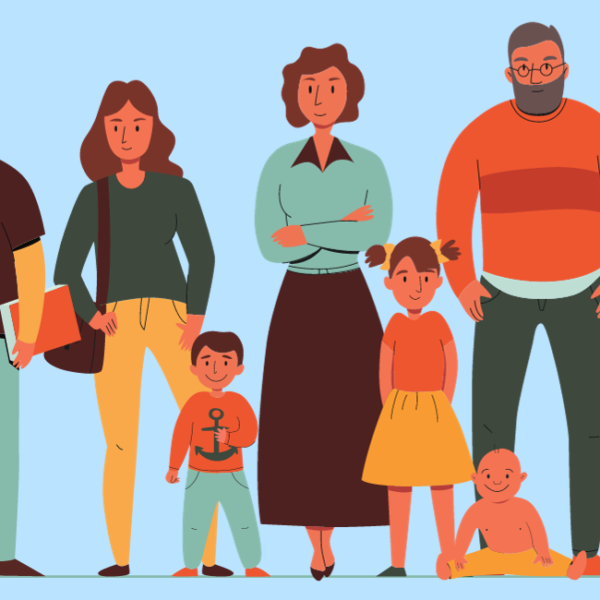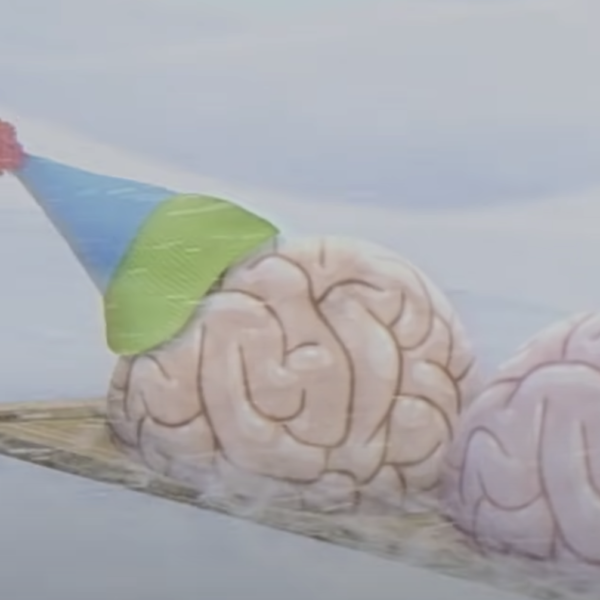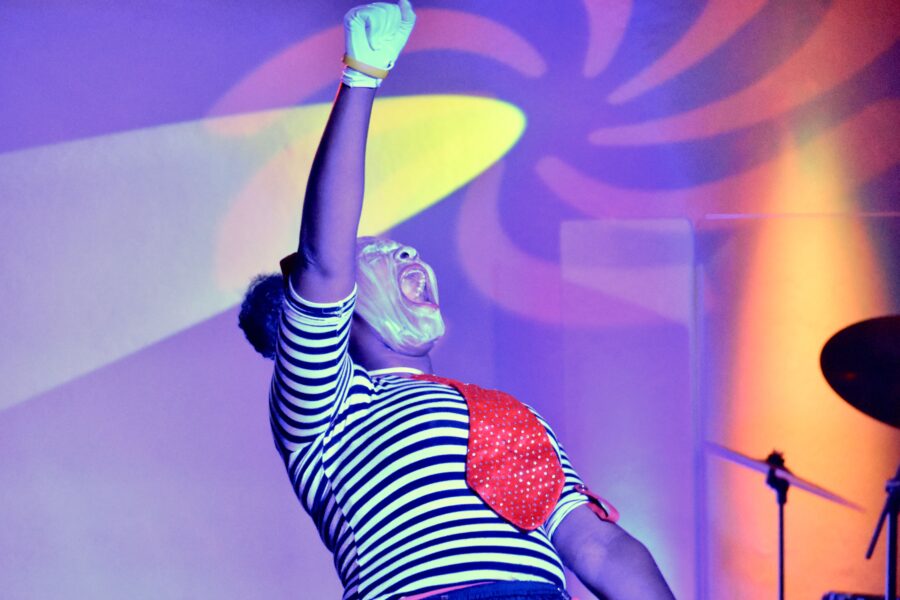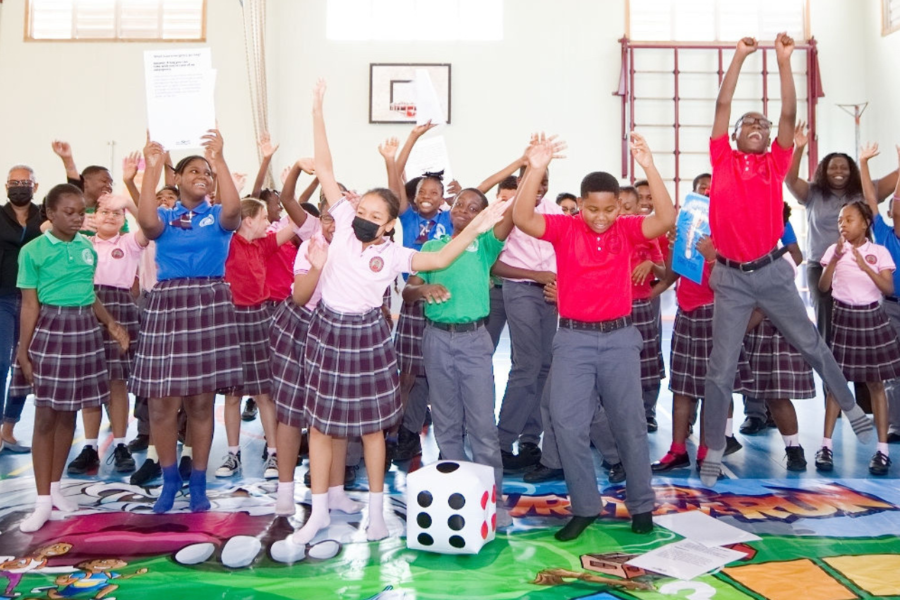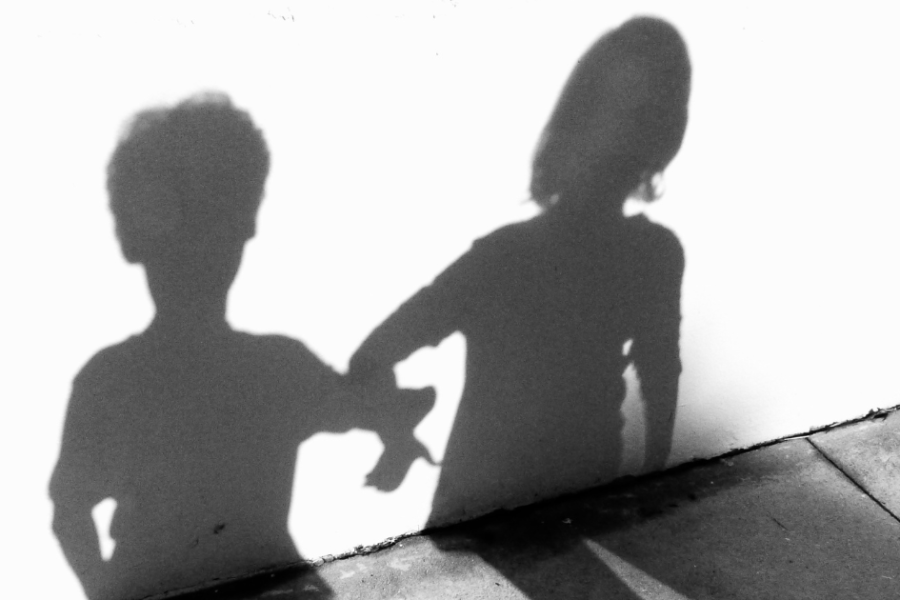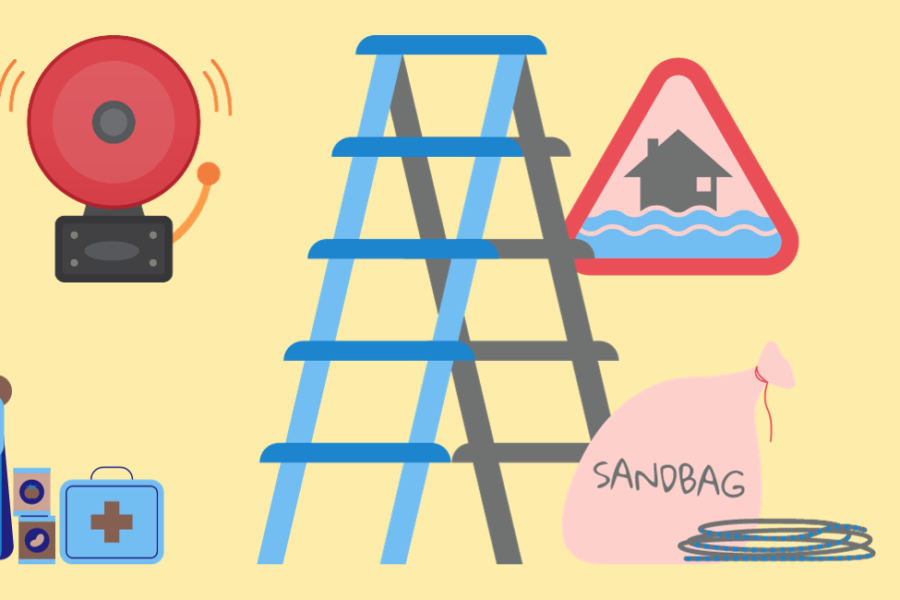As a parent, you can make a difference before, during and after a disaster. Offer your child both practical and mental support. Four parents share their views about what matters most to them.
‘Evacuating gave us the space to deal with the aftermath of the hurricane’
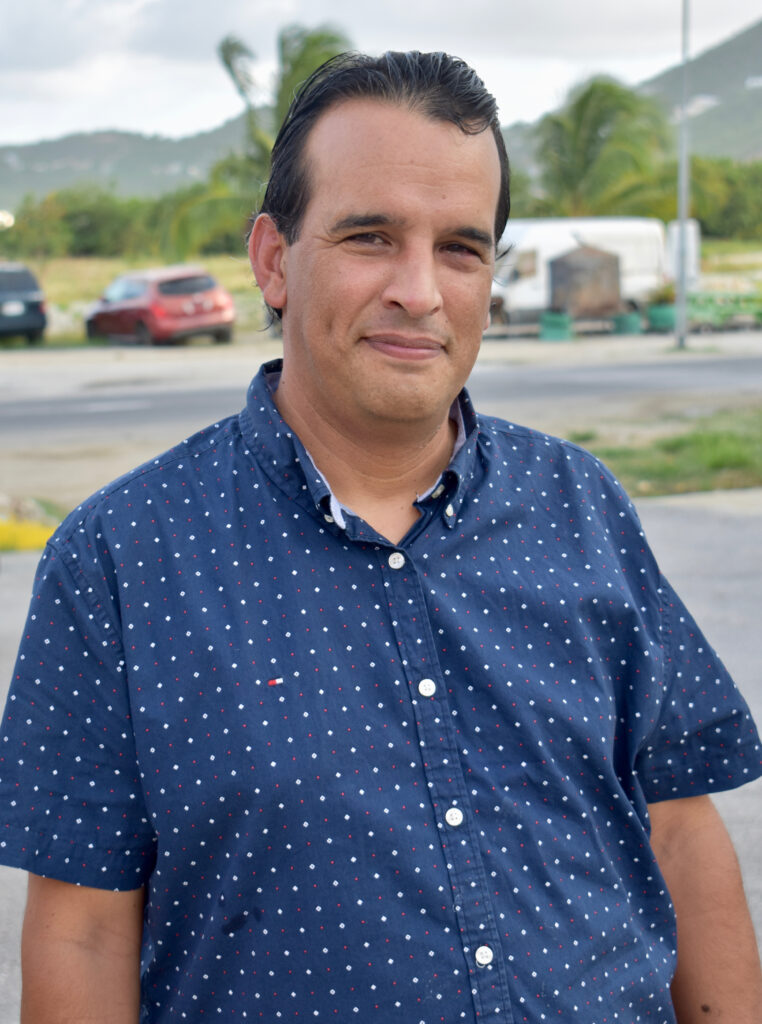
Juan Febres, father of two sons (10 and 14), Assistant Technical Manager at WTN/Obersi
“My family moved to the island right before Hurricane Irma. We are from Venezuela, and although we have natural disasters such as flooding, we had never experienced a hurricane before. Upon the insistence of my wife, we made a lot of preparations. Our apartment was sturdy, so we focused on getting enough supplies to last us two weeks and safeguarding our documents in plastic. The kids helped prepare by packing all their stuff away. The hurricane was horrible; the pressure was sucked out of the room, and I felt it in my legs. Luckily, the kids slept through most of it.
As a parent I think it is important to remain calm and strong for your children. If you panic, they will panic, and that will only make the situation worse. When we saw the devastation outside, it was hard to answer the many questions my kids asked – as I had little information myself. I told them: “I am not sure, but we will find out,” and made sure to relay factual information to them as we received it.
Allow them to be kids
A few weeks after Irma we had the opportunity to evacuate our kids to Bonaire, to the home of our good friends. They really enjoyed this experience, and it gave us the space to deal with the aftermath of the hurricane without worrying about them. This also allowed our kids to go back to a ‘normal routine’ more quickly; something that I believe helps children feel secure. I would like to see that the schools are more equipped to handle a disaster, but also be repaired more quickly. Schools play a big role in helping children to go back to a normal routine after a disaster.
I believe it is important to talk to your kids about disaster preparedness, but you have to be careful not to overwhelm them. As adults we have more responsibilities and need a different level of awareness, and kids should be allowed to be kids.”
“I tried to remain calm for her and told her: “this too shall pass”
“I was around 15 when I experienced Hurricane Hugo. I remember my sister and I being shocked at the damage it caused to our neighbourhood. It taught me to value all that I have. Hurricane Irma was the first major disaster that I experienced as a parent myself. My daughter was 10 at the time. As a lesson learnt from my mother, I selected the safest place in the house and communicated this with my daughter.
Although we made the necessary preparations, I was not prepared for Hurricane Irma. My daughter and I literally saw the roof being torn off, and she became hysterical. As we hid in the bathroom, I tried to remain calm for her and told her: “this too shall pass,” a mantra I use at other times when trying to comfort her when needed. This always calms her down.
The closer you are to your child, the better you know when something is wrong and how you can support them.
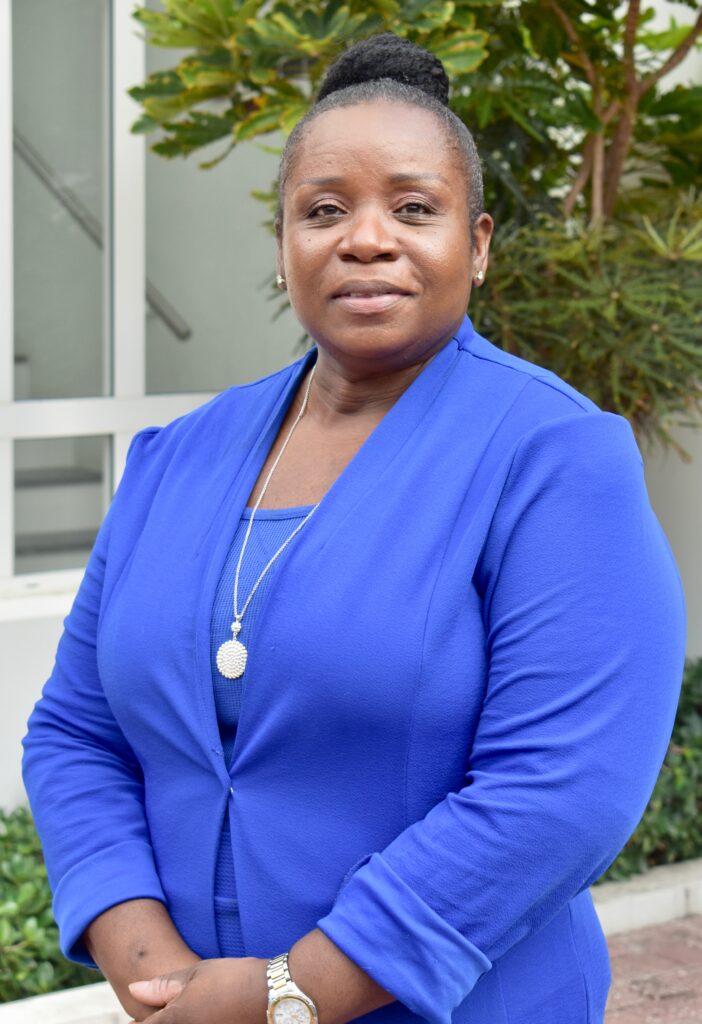
Florence Marlin has a daughter (14) and works as an investigator at the Bureau Ombudsman Sint Maarten.
Safe zone
I remember her telling me about something bad she did at school once, and I told her that I was proud that she told me. Since then, she shares everything with me, without judgment. I want her to know that I am a ‘safe zone’, and she can tell me everything. This is what also helped after the hurricane, during the pandemic, and other life challenges. She shares her feelings with me, and we can work through them together.
My daughter also supports me and is a blessing. Although I tried to stay strong, I did have a moment I broke down after Irma as I wondered where we would live. My daughter used the same mantra I told her! “This too shall pass,” she said, as she proceeded to help with cleaning up.”
‘Our daughter is involved in our hurricane preparations’
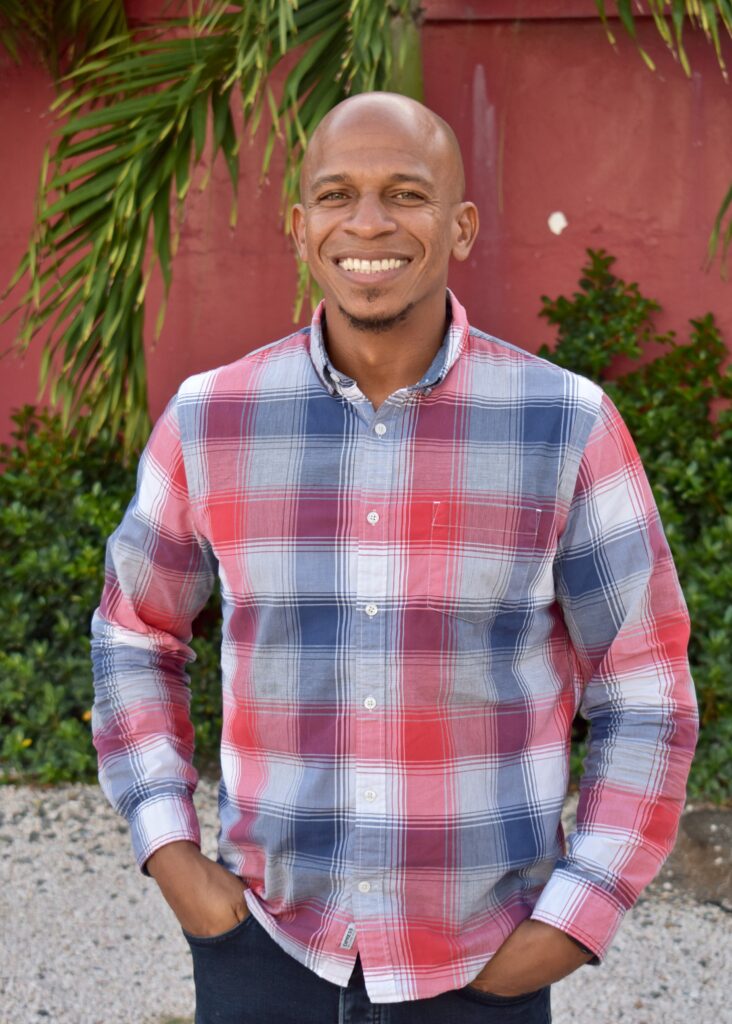
Dwight Williams, father of two daughters (14 and 17), Operations Officer at the National Recovery Program Bureau (NRPB)
“I was about 16 when Hurricane Luis happened. At the time, our family lived in a wooden house with a felt roof. I remember seeing the walls move and my father saying: we’ve got to go! We opened the door to head to the neighbour’s house and saw their roof lifting. Back inside our house, I was scared. My mom started to pray. I guess her faith kept us safe; ours was the only home in the neighbourhood left standing. As a teenager, the aftermath felt like an adventure. People were sleeping on chairs with their feet in the water, and no one complained. Our community was really close, and we all helped each other.
During Irma, I was not scared at all. We live in a concrete house, and as a father, there is no place for fear during a disaster. My youngest daughter, who was ten at the time, lives with my wife and me. She felt comfortable because we were confident.
Tackling problems together
I think we are lucky; not everyone has a home on the island that feels safe. My wife and I think it’s essential to talk to our daughter about everything. She is involved in our hurricane preparations, comes along with shopping for supplies, and is aware of our plans. The same during the pandemic; we tackle challenges as a family. Adjusting to online education was hard for our daughter, but that doesn’t mean this will affect her whole future.
Communication is not only important regarding disaster preparation but also applicable to everything else going on in her life. Children today can find information about anything online. As parents, we want to make sure our daughter is protected and gets the correct information.”
‘We want to make sure that our children receive correct information’
“I spent Hurricane Irma at the hospital with my newborn daughter, while my husband was with our 10-year-old son at his mother’s house. We involved our son in our preparations, although we didn’t expect it to be so severe. I don’t think he was fearful during Irma, as he feels confident in us as his parents to take care of him. It also helped that my husband shared his own stories about past hurricanes, such as Hurricane Luis, with our son.
The first 48 hours after the hurricane were stressful as there was no phone connection with my husband. The roof of our home was gone, so my children and I evacuated to Aruba soon after.
Once in Aruba, my son started to miss his father, his room, friends and school. I gave him a notebook and asked him to write down his emotions and experiences to help him express himself. His teacher in Aruba was of great help and made sure to pay him a lot of attention and sports activities helped distract him.
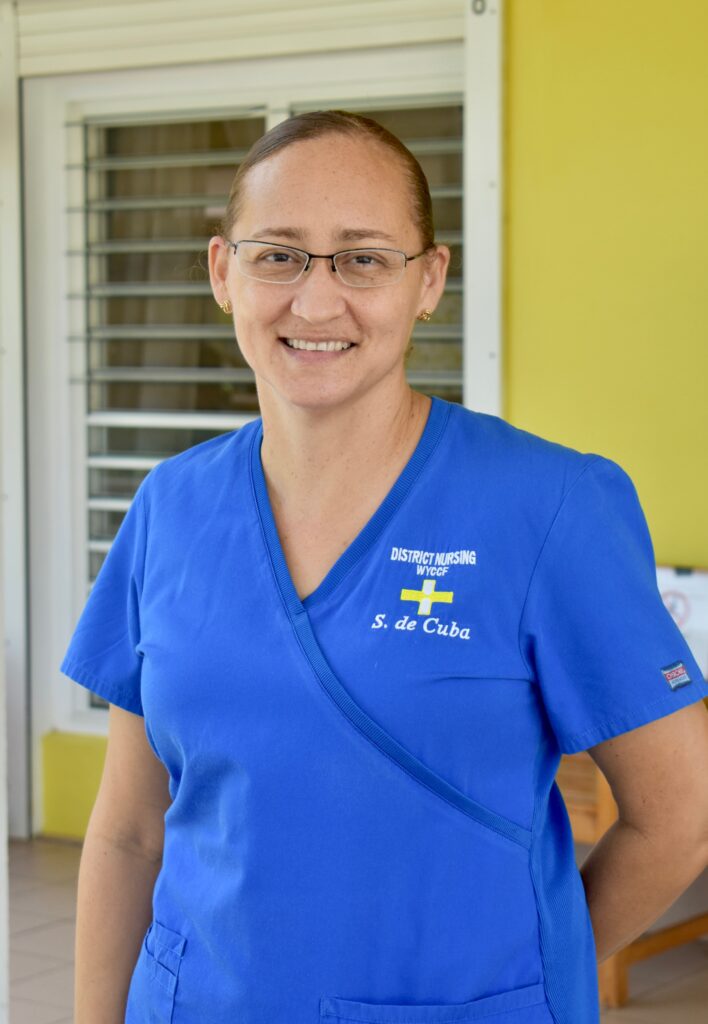
Suzette De Cuba, mother of a boy (13) and girl (3), registered nurse specialised in diabetes.
New habits
The pandemic, another type of disaster, was challenging in the beginning. We did not know how the virus behaved. My husband, who is a teacher, and the children stayed at home. I was the only person that could ‘pose a risk’ of bringing the virus into our family. Eventually, with more and more knowledge about the virus, we got into a more comfortable routine.
I showed my son COVID-19 information videos from work and reputable sources such as the WHO and CDC. We want to make sure that he receives the correct information, as there is so much misinformation out there. We already had the habit of frequent hand washing, so that was easy to ‘enforce’. In addition, we talked about cough etiquette, mask usage, and keeping others safe. Reminders are essential to help children learn new lessons or create new habits.”
